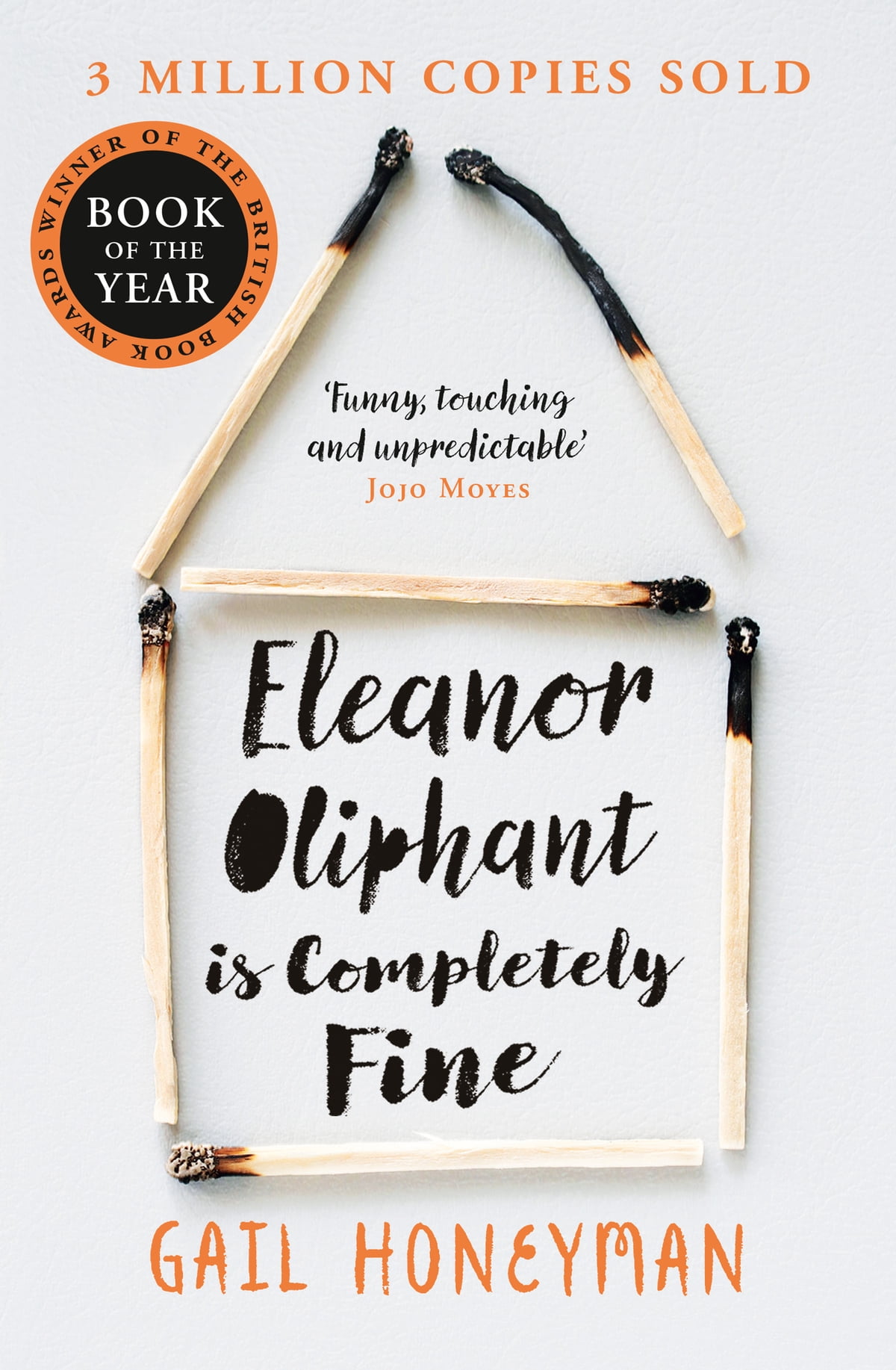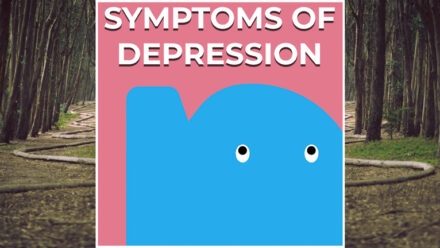
An innovative portrayal of mental wellness…
Let’s talk about mental wellness as opposed to mental illness 🙂 For PsychosisNet Suzette Taplin highlights the novel’s unique approach to mental health issues. Of course you can enjoy the read in case you know the book already.
Contains spoilers
Eleanor Oliphant Is Completely Fine is a book that was originally published in 2017, by Scottish writer Gail Honeyman. The protagonist is a 29 year old (at the start of the book), social outcast called Eleanor Oliphant, who, at least in her own mind, is completely fine. However, it soon becomes clear to the reader that she isn’t.

She has no friends, an unhealthy relationship with alcohol, and a traumatic past. She could be autistic, have Obsessive Compulsive Disorder, and suffer from depression as well. But although this book deals with many sad and dark topics, it is also a story about friendship, hope, and self-healing. So how can a book about a person with apparently severe mental health issues be heart-warming and, at places, even funny?
The start of the story
Eleanor grew up not knowing her father, and her mother was very abusive; physically as well as emotionally. The emotional abuse causes her to hear her mother’s voice in her mind, telling her she’s not good enough, and she suffers from extremely low self-esteem as a result. The physical abuse leaves her with her face badly scarred. This is one of the reasons she shies away from people, and prefers to lead a solitary life. Nevertheless, she still speaks to her mother on the phone every week. It soon becomes clear that her mother is cunning and vengeful.
Eleanor works as a finance clerk at a graphic design company. She is very set in her ways, and sticks to a strict routine. Every Friday she buys two bottles of vodka, and isolates herself until Monday morning, when she has to go back to work.
One day, after winning some tickets in a raffle, she goes to see a local band perform. She becomes enamoured with the lead singer, Johnnie. Though never having cared much about her physical appearance, she has a hair cut, manicure, and even a bikini wax, in readiness for seeing his band play again.
Eleanor Oliphant: Love with a capital L?
Then something else happens. As she is leaving work with a new colleague, Raymond, they see an elderly man fall in the street. Together they help him by calling an ambulance, and end up saving his life. They are invited for dinner by Sammy (the elderly man) and his family. A friendship starts to bloom between Eleanor and Raymond.
After going to watch Johnnie’s band play for a second time, he doesn’t notice her in the audience, and at one point pulls his pants down as a joke. Eleanor is disgusted by this, and realises she completely romanticised him, and he is not her great love after all. To make matters worse, a smoke effect used by the band triggers a traumatic memory of a house fire.
Eleanor goes home, where she heavily drinks for three days and seriously considers suicide, acquiring lots of painkillers, a bread knife, and some drain cleaner. Raymond goes to her house to check if she’s OK, and finds her in a terrible state. He advises her to see her GP, who refers her to a counsellor. She slowly starts to heal and rebuild her life. She maintains her close friendship with Raymond, and cuts contact with her mother. Mental wellness makes its appearance.
An innovative portrayal of mental wellness
So there you go. Sounds like a sob story right? But it really isn’t. I think there are several reasons for this. The first one, is the fact that the writer doesn’t want us to feel sorry for Eleanor. She thinks she is fine, is brutally honest, and even questions the sanity of the people around her. Which leads to some hilarious passages. For example, one day she breaks her strict routine and goes to McDonald’s for something to eat. She has never been to a fast food place before.
Quoting directly from the book, she thinks: “Afterwards, despite having paid for it, the customers themselves are responsible for clearing away the detritus. Very strange.” On another occasion, after a particularly bad binge drinking episode, Raymond brings her a helium balloon in the shape of Spongebob Squarepants. She doesn’t know who it is, and when Raymond explains she thinks: “A semi-human bath sponge with protruding front teeth! On sale as if it were something completely unremarkable! For my entire life, people have said that I’m strange, but really, when I see things like this, I realize that I’m actually relatively normal.”
Have some fun!
That’s another reason the book is easy to read; it is really quite funny. Eleanor’s social ineptness also leads to some funny scenes. She is invited to a birthday party, and she doesn’t know what to bring. “Flowers seemed wrong, they’re a love token, after all. I looked in the fridge, and popped a packet of cheese slices into the bag. All men like cheese.” It also causes her to be incredibly honest.
When someone offers to buy her a drink in a bar she responds: “I don’t want to accept a drink from you, because then I would be obliged to purchase one for you in return, and I’m afraid I’m simply not interested in spending two drinks’ worth of time with you.”
Autism?
Her social awkwardness, brutal honesty and lack of understanding implies she may have autism, but she is never actually described as being autistic. That leads me to the third reason this book is not that sad. The writer never labels Eleanor. When reading the book, you may think she is autistic, suffer from Post Traumatic Stress Disorder, has depression, or shows signs of being delusional. It’s refreshing that the writer doesn’t stick a label on her, and lets the reader make up their own mind about whether she has a mental health condition.
Maybe she is actually neurotypical, and just a victim of an incredibly traumatic childhood. There are definitely moments where any person can relate to her. For example, when she buys herself a takeaway coffee, and reads on the lid the content of the cup might be hot, she feels like that’s stating the obvious. Who hasn’t had this thought?
The last reason the book leaves you feeling good is because it brings hope. Even though she has been through the darkest of times, through human connection and friendship, Eleanor starts to heal. Being kind can make a massive difference.
Happy holidays and thank you for reading this blog.
- Note from the writer:
If you think you may have an addiction, feeling suicidal, or are struggling with other mental health issues, there is help available. Samaritans are available 24 hours, or there is the Suicide Support Line. Alternatively, ask your GP for help. They may be able to prescribe medication or refer you to a counsellor. Other things that can help are eating healthily, avoiding alcohol or drugs, do something creative, exercise, spend time in nature, try to get plenty of rest, listen to music, and practice mindfulness.
Links:





Thank you Suzette ,very interesting ,I wish you well